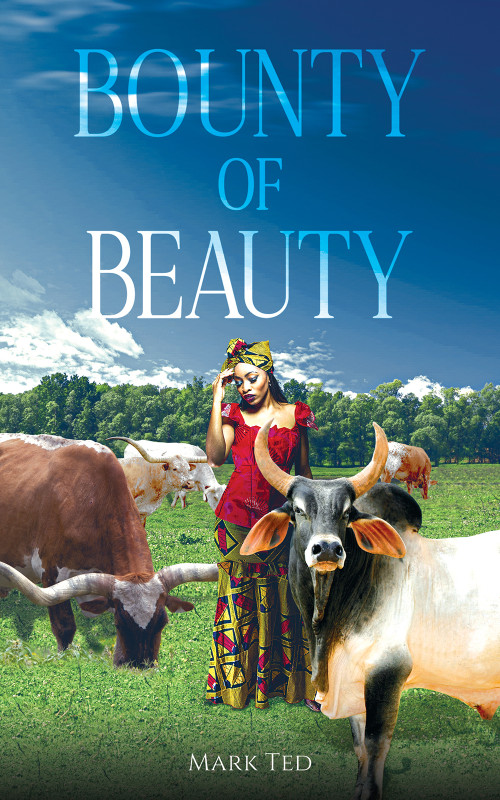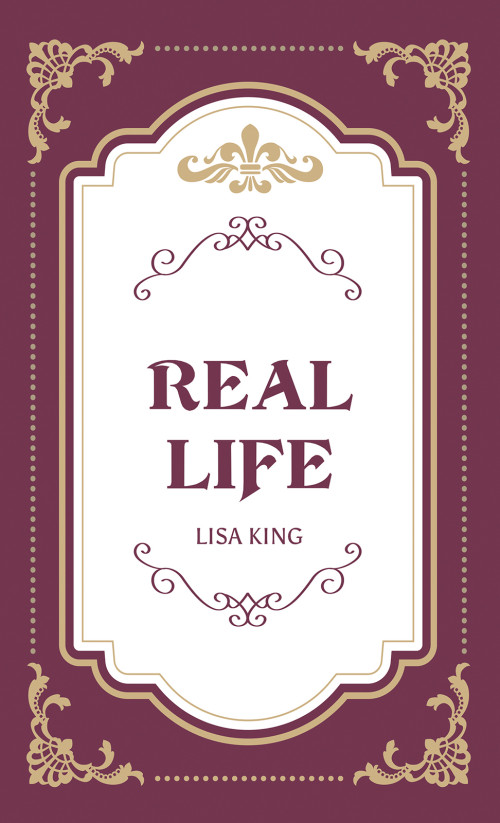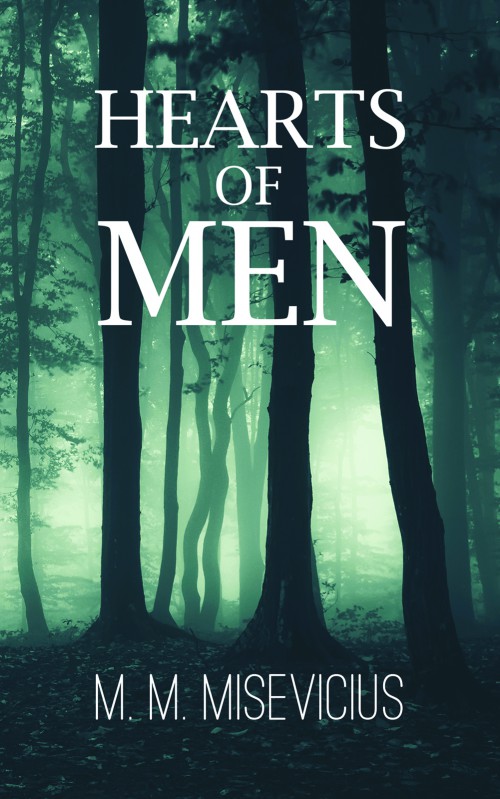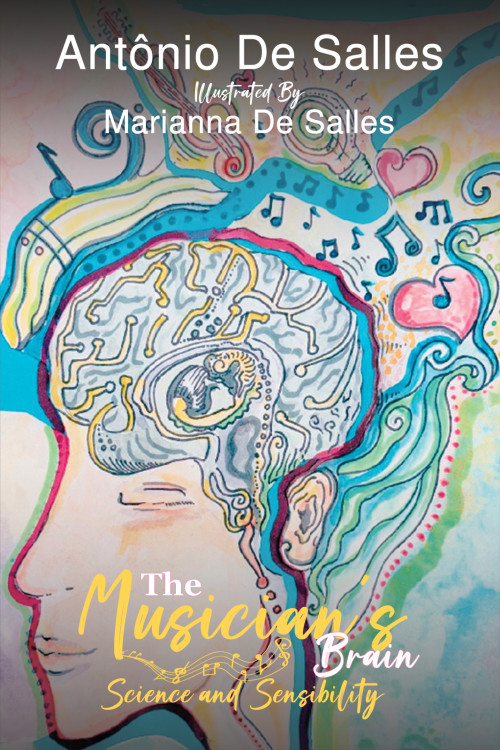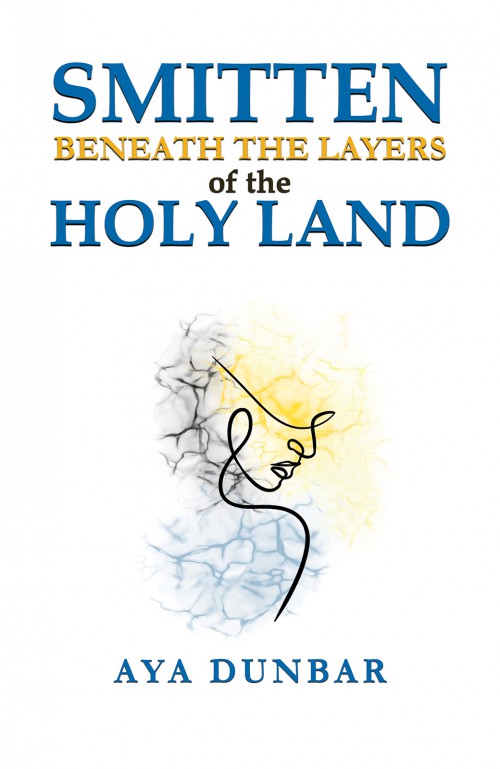The Bounty of Beauty explores the societal differences between the families of Mackuel, the cattle keeper, and Maluaac, the fisherman. When their sons, Nguac and Nguoi, both fell in love with an elegant Atuot girl, each proposing to marry her, a rare traditional marriage competition sparked a fierce rivalry and divided the community in two. Mackuel’s family, with their staggering wealth in cattle, won the race by arranging to marry a daughter from their rivals, Maluaac’s family.
Beyond his large family of 17 sons and daughters, Mackuel’s immense wealth in cattle was a symbol of great influence and fame. He arrogantly proclaimed that no one in the community had the power to challenge his son Nguac in marriage. Stubbornly, he declared, ‘A hatchling is no match for a calf,’ comparing himself to a calf and Maluaac to a hatchling. By this, Mackuel meant that fishermen held no social, economic, or political standing to win a marriage competition within the Atuot community or beyond.
Unfortunately, Mackuel’s extreme remarks became public, generating negative sentiment toward his family. Fearing the damage these sentiments might cause, Mackuel’s wife grew anxious and believed something must be done to change the public’s perception. She called a meeting with elders and her family members, proposing an extravagant dowry of 250 cows to be paid to Maluaac’s family for their daughter, Monica Ichut. She presented this as a way of retracting her husband’s harsh words during the intense competition between their sons, Nguac and Nguoi.
The elders from both families agreed to the marriage of Maluaac’s daughter Monica Ichut, and soon the community, once divided, witnessed a vibrant traditional wedding celebration.

